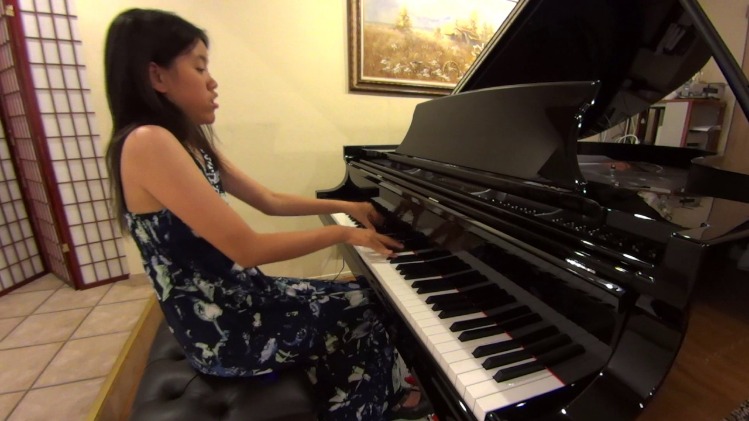Unlocking Potential: Tailored Piano Lessons for Autism and Special Needs
Music can be a transformative tool for personal growth and development, particularly for individuals with autism or special needs. Tailored Piano lessons for Autism and Piano lessons for Special Needs offer unique opportunities to enhance cognitive, emotional, and social skills.
Why Piano Lessons are Beneficial for Autism and Special Needs
Structured music education serves as a multi-sensory experience, encouraging visual, auditory, and kinesthetic learning.
- Emotional Expression: Music provides a safe outlet for emotional release and self-expression.
- Focus and Attention: Regular practice helps to improve focus and attention spans.
- Fine Motor Skills: Playing the piano enhances finger dexterity and hand-eye coordination.
- Self-Confidence: Progress in learning an instrument builds self-esteem.
- Social Interaction: Lessons can also encourage social interaction in a structured setting.
Customized Instruction Methods
Effective Piano lessons for Special Needs employ individualized teaching methods to accommodate varying abilities and learning styles.
Strategies for Teaching Piano to Students with Autism
- Visual Supports: Use of visual aids like colored stickers on keys.
- Repetition: Consistent routines and repeated practice to reinforce learning.
- Sensory Integration: Incorporating sensory activities to support learning.
- Positive Reinforcement: Encouragement and rewards to maintain motivation.
Read more about music lessons for special needs here.
FAQs: Piano Lessons Tailored for Autism and Special Needs
Can a child with limited verbal skills benefit from piano lessons?
Yes, music provides an alternative avenue for communication and emotional expression, which can be particularly beneficial for non-verbal individuals.
How do you choose the right instructor?
Look for instructors with experience in special education and an understanding of the unique needs of students with autism or special needs.
What age is appropriate to start piano lessons?
While readiness varies by individual, many children begin to show interest around the age of 5 or 6. However, older children and adults can also benefit greatly from starting lessons.
Conclusion
Tailored Piano lessons for Autism and Piano lessons for Special Needs offer myriad benefits, promoting cognitive, emotional, and social development. With the right approach and dedicated instructors, music can open new pathways for personal growth and expression.





Leave a Reply